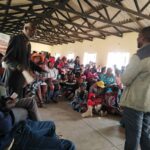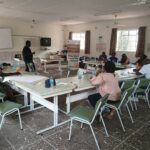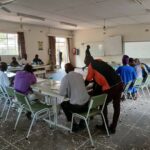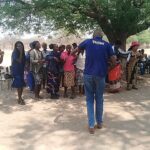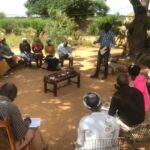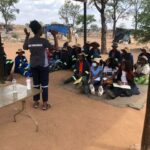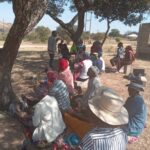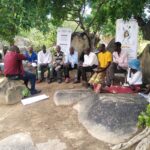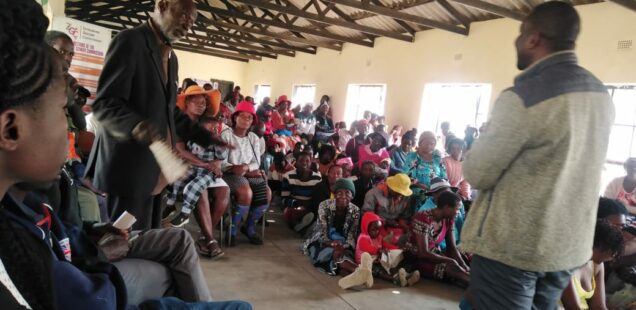
Advancing the advocacy, agency and wellbeing of ethnic and linguistic minorities in Zimbabwe
The Matabeleland Institute for Human Rights (MIHR) of Zimbabwe has designed an initiative to advance the advocacy and agency of citizens in what it calls ‘Closed and Threatening Spaces”, i.e., underprivileged spaces where the lives of people could be much improved by better public services and a stronger respect of human rights. The initiative sponsored by the Feyerabend Foundation is to strengthen the local voice and agency of ordinary citizens from Zimbabwe’s rural ethnic and linguistic minorities. It will support them to organize their local constituencies in non-violent ways: first by identifying critical human rights issues and injustices that needs to be solved; second, by formulating local to global advocacy strategies; and, third, by leading consequent local advocacy activities. MIHR has developed a specific approach/ methodology for such initiatives, which it calls ‘Advocacy/Activism in Closed and Threatening Spaces’ or ACTS. MIHR implements the approach to address critical issues of environmental justice, climate justice, water justice, sexual and reproductive justice, social justice, economic justice and accountable governance for indigenous and ethnic minorities in Zimbabwe.
This initiative is not expected only to apply the ACTS approach and methods that already exist, but to test, innovate and expand the approach itself, so that it may be improved and replicated in other similar and near-similar contexts in Africa and beyond. In fact, the initiative will initiate an ACTS Community of Practice in Zimbabwe and set it up to reflect upon, innovate, strengthen and consolidate the approach itself.
The initiative sponsored by the Feyerabend Foundation includes a learning process for 10 activists from indigenous and ethnic minority communities, who will be equipped with an understanding of human rights and nonviolent advocacy activism and enabled to mobilize, organize and activate their communities to stand up for human rights, development and justice. After an initial joint training, each one of the activists is expected to get back to her/his community and encourage the creation of a local Frontline Advocacy Team, possibly including more than 100 members… In turn, the teams will spearhead the education and mobilization of thousands of local residents around specific demands, to be articulated and submitted via specific advocacy plans. The plans will be designed in such a way that local authorities, private companies and national government officials could easily agree with the requested change and activities and move to implement them.
MIHR will be developing and running the initial training, but also supporting the development of the community-based Frontline Advocacy Teams and the advocacy plans to solve the issues locally identified as crucial. It will also remain available to offer advice and support as needed during advocacy implementation and beyond. Overall, the initiative will result in both strengthened activist groups of indigenous and ethnic minority citizens and— in case of successful advocacy initiatives– a variety of achievements in terms of locally-relevant livelihood, development and human rights issues.

